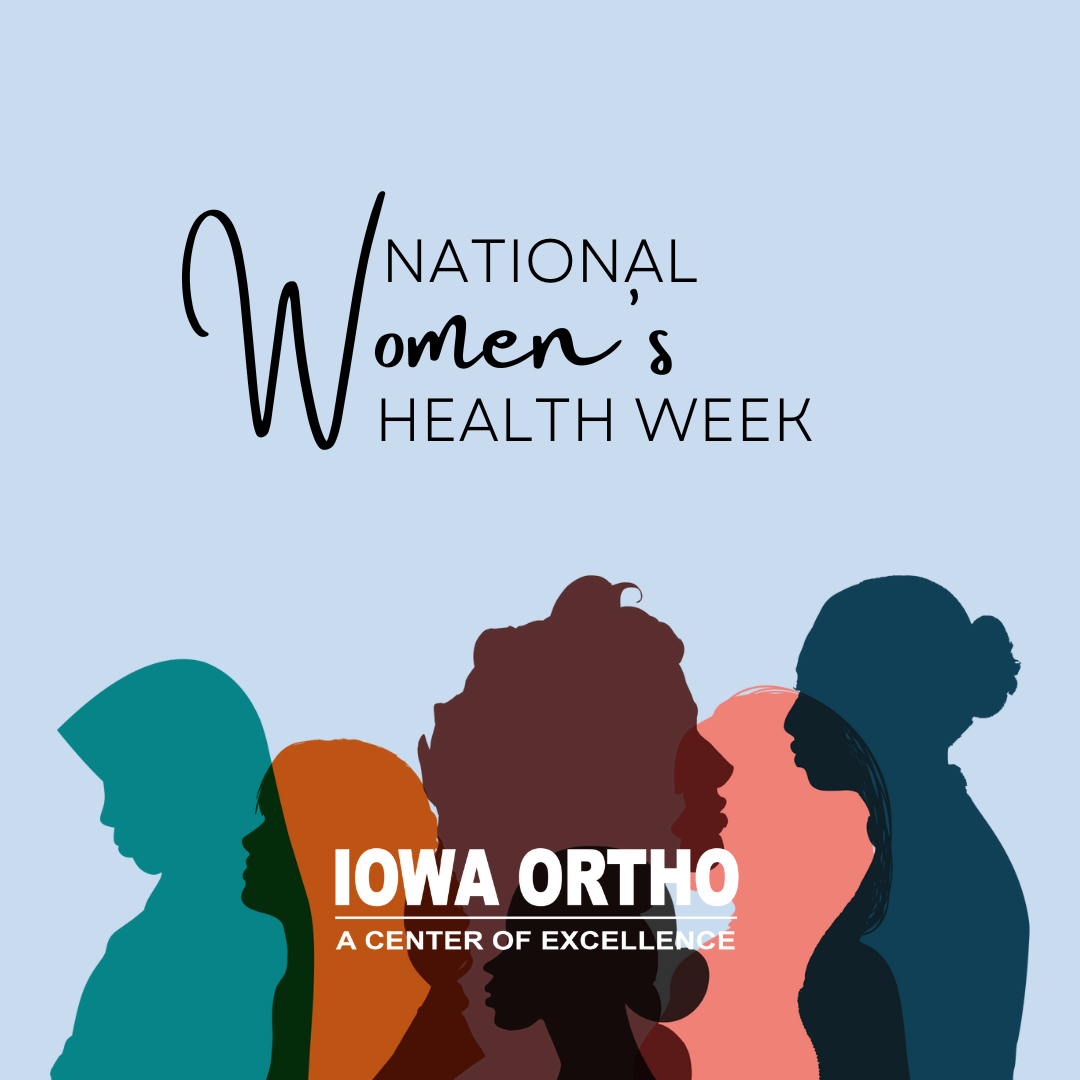
National Women’s Health Week is an opportune moment to shine a light on a silent but prevalent threat to women’s health: osteoporosis. Osteoporosis, characterized by weakened bones, is a condition that disproportionately affects women, particularly as they age. However, through awareness, education, and proactive measures, women can take charge of their bone health and reduce the risk of osteoporosis-related complications.
Osteoporosis is often referred to as a “silent disease” because it progresses without noticeable symptoms until a bone fracture occurs. Bones become porous and fragile, increasing the likelihood of fractures, particularly in the hip, spine, and wrist. Women are more susceptible to osteoporosis than men, primarily due to hormonal changes that occur during menopause, which accelerates bone loss. Additionally, factors such as genetics, lifestyle choices, and certain medical conditions can contribute to the development of osteoporosis.
One of the most powerful tools in combating osteoporosis is awareness. Many women may not realize they are at risk until a fracture occurs, making prevention and early detection crucial. National Women’s Health Week provides an excellent opportunity to raise awareness about osteoporosis risk factors, symptoms, and preventive measures. By educating women about the importance of bone health throughout their lives, we can empower them to take proactive steps in mitigating their risk of osteoporosis.
While osteoporosis cannot always be prevented, there are several strategies women can adopt to reduce their risk and maintain strong bones:
- Balanced Diet: Consuming a diet rich in calcium and vitamin D is essential for bone health. Foods such as dairy products, leafy greens, fortified cereals, and fatty fish are excellent sources of these nutrients.
- Regular Exercise: Weight-bearing exercises, such as walking, jogging, dancing, and strength training, help strengthen bones and improve overall bone density.
- Avoiding Harmful Habits: Smoking and excessive alcohol consumption can accelerate bone loss. Quitting smoking and limiting alcohol intake can significantly benefit bone health.
- Bone Density Testing: Women over the age of 65, or those at increased risk of osteoporosis, should undergo bone density testing (DXA scan) to assess bone health and detect osteoporosis early.
- Medication: In some cases, healthcare providers may prescribe medication to prevent or treat osteoporosis, especially for women at high risk of fractures.
Empowering women to prioritize their bone health is key to reducing the burden of osteoporosis. National Women’s Health Week serves as a reminder for women to schedule regular check-ups, discuss bone health with their healthcare providers, and take proactive steps to protect their bones. By fostering a culture of awareness and empowerment, we can ensure that women of all ages lead healthier, more vibrant lives.
Iowa Ortho’s bone health clinic has the ability to conduct appropriate lab and imaging such as bone density testing (DXA, and/or QCT) or further x-rays. Learn more about our bone health provider, Allison Dunne, PA-C, and request an appointment online or call 515-247-8400 to take control of your bone health today!
